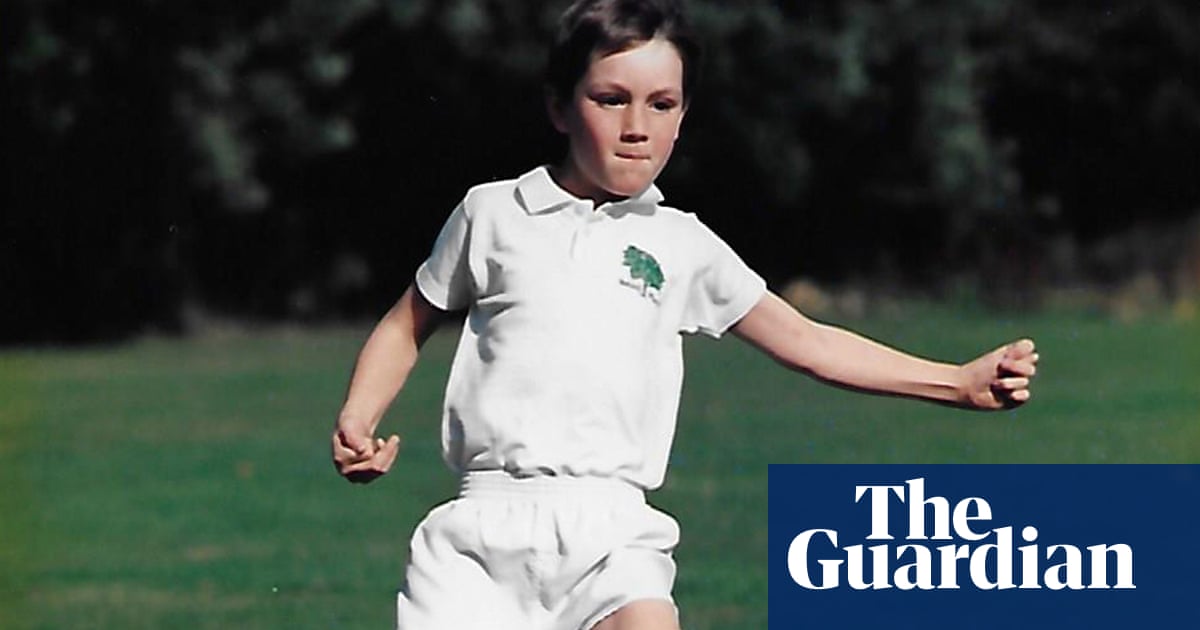
Was there a show that everyone else loved this year that you just couldn’t get on with?
Tiger King. I couldn’t do it. Something about it felt a little too exploitative for me. I never felt OK when I was watching it. Maybe that’s the main thing. There was a full month when everybody was watching it, when I desperately tried to stay part of the conversation. But I just could not invest. And I don’t know, there is something kind of icky about what was going on there. But this is one man’s opinion in a sea of other people.
Conversely, were there are any shows you enjoyed over lockdown that you didn’t expect to?
The Real Housewives of Atlanta. I feel like the characters on that show are so strong and opinionated and have a sense of humour and self-awareness. It’s an incredible alchemy. It’s a great social group that they’ve put together to film. I was surprised to enjoy it, because I worked in reality television for a long time. I hosted the aftershow for The Hills before my career started. And I think that when you work in reality TV, it kind of pulls back the curtain in a way that doesn’t necessarily make you want to watch more of it. So this was the first reality show that I had watched for a really long time.
Who has been your TV villain of the year?
Marianne’s brother on Normal People. I had such a physical reaction to him. When he finally got punched, I was on my feet screaming. The actor did a wonderful job, because I’m assuming he’s not like that in person. But that character was absolutely infuriating, and certainly someone I was ready to smack in the face.
Is there a show you hope comes back in 2021?
Obviously I’m waiting for Atlanta to come back, but I would probably say Insecure. I loved that show. I just binged it all. And I stand by what I said about it in my Emmy speech, that Issa Rae should have been included in that category [for comedy writing]. She and her team continue to do such incredible work.
Were you surprised at the reaction to Schitt’s Creek this year?
The whole situation was surreal. For the Emmys [where Levy became the first person ever to win an award for writing, directing, acting and producing in the same year], we were in a tent in Toronto. It really did feel like this kind of surreal dream. You’re watching a screen in a tent and suddenly you’re winning, and then you’re talking to a camera in a tent. You don’t see an audience, there’s absolutely no sense of it being an award ceremony. At the end I was talking to Catherine O’Hara, and she was like: “I just feel like someone’s going to pop out of the bushes and say this is an episode of Punk’d.” It really felt like one of those setups, like “let’s put them all in a tent and fake a bunch of Emmys”.
How was life with the show, and since?
It was really important for me to stay the course with Schitt’s Creek. I think a lot of showrunners jump ship after a few years to start something new. But Schitt’s Creek was my first job, and it was necessary for me to stay, to see the show from beginning to end so that I could say to people: “This is what I can do.” As a result, I spent six years journaling ideas and writing things down that I wanted to explore when the show was finished. And now I get to sort of look back into those journals and say, OK, well, what’s of the greatest importance? What’s speaking to me in a way that feels fun, but also culturally relevant?
When you work on a show that touches people in the way I think Schitt’s Creek has, and particularly the LGBTQIA+ community, it afforded me this wonderful gift of getting to read people’s letters. People who have been changed by the show. People who have come out of the closet because they were watching the show, family dynamics changing, conversations in people’s homes changing, relationships between parents and their children changing, all because of a change that the show somehow brought out in people.
When you understand that television is a really important medium to change those conversations, it becomes necessary to tell stories that mean something. And that doesn’t mean they have to have a heavy-handed message, but just to find stories that continue to normalise experiences that might not be part of the mainstream. So, I have a few pots on the stove, if you will. And hopefully I’ll have some more specific answers for you the next time we talk, but it’s been an incredible year.












